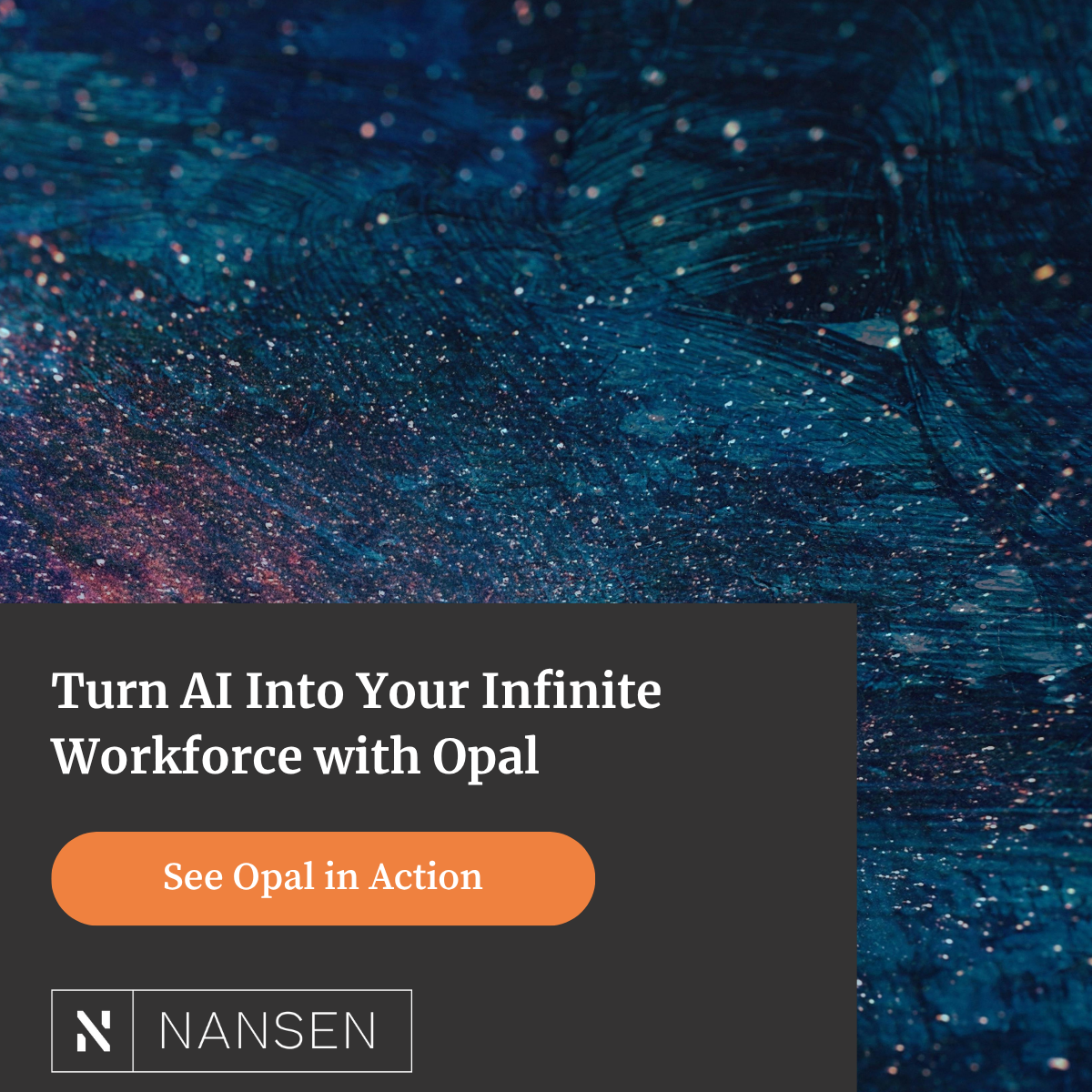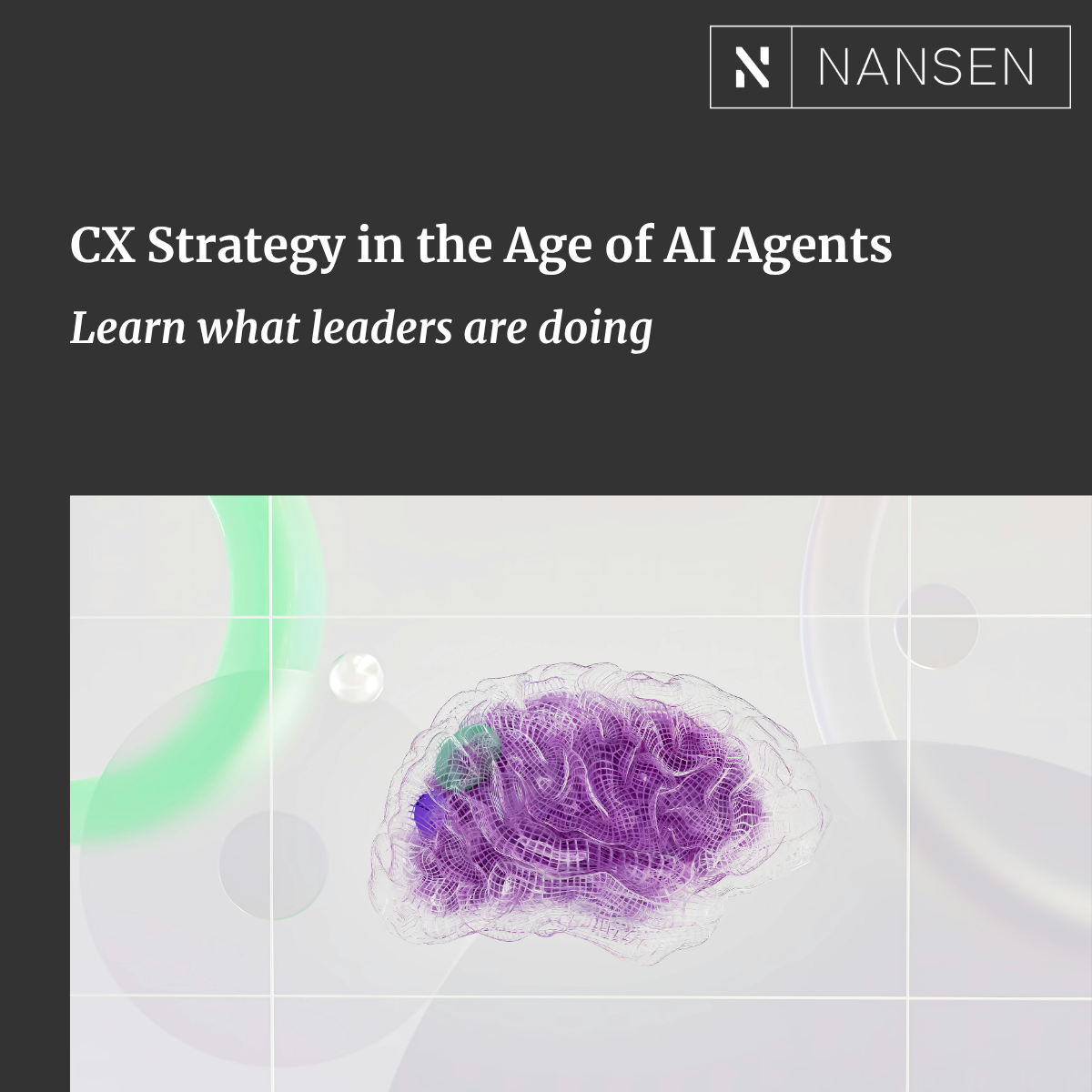If you’re a mid-sized to large enterprise company considering launching a new or updated website, you’ve likely heard of both Episerver and Sitecore. Both companies supply digital experience platforms built on Microsoft’s .NET architecture, offer e-commerce and web content management (WCM) solutions, and feature prominently in major analyst reports including The Forrester Wave™ and Gartner Magic Quadrant.
On the surface, they both also appear to be very solid options for your digital transformation. But if you take a deeper look, you’ll see Episerver offers a number of critical advantages over Sitecore. Here are the top 8 reasons we encourage our clients to select Episerver.
[1] Episerver is a high-growth, high-impact partner.
Since opening its first US office in 2009, Episerver has focused its business strategy on growth and innovation. In the last five years, the company has acquired and integrated a number of best-of-breed technologies into its core platform, including Peerius, Optivo, Insite, and Idio. And in 2019, the company demonstrated just how serious it is about providing the most customer-centric experience platform on the market when it hired Alex Atzberger, former president of SAP Customer Experience, as its CEO.
Meanwhile, Sitecore has experienced a bit of a fall from grace. In 2015, the company reported 5 years of consecutive growth. But 2019 told a very different story as the company laid off a reported 70 employees after failing to meet fourth-quarter financial targets. With expenses outpacing income, the company has begun using offshore resources.
[2] Episerver offers superior hosting and scalability.
While both vendors claim to offer a true cloud platform, Episerver’s cloud solution is more comprehensive and less expensive. Hosted on Microsoft Azure, Episerver offers better security, scalability, and support, and contains a content delivery network (CDN).
Sitecore is hosted on cost-prohibitive virtual machines (VMs) and offers an inferior SLA with limited support from a third party.
[3] Companies who deploy their websites on Episerver experience faster time to market.
Sitecore’s architecture is more complex than Episerver’s. While it works well for extremely large websites, it makes development much more cumbersome. Sitecore deployments are 2-3x more time consuming than Episerver deployments, and platform upgrades are much more involved. They can require a few months or more to complete, where Episerver sites can move to the latest version in less than one business day.
One Sitecore customer on Gartner Peer Insights describes the Sitecore platform as “difficult to implement, requires a partner, a significant amount of time and investment, and has a very steep learning curve.”
[4] Episerver’s personalization capabilities are AI-driven.
Both companies offer personalization capabilities enabling you to deliver targeted, relevant content to site visitors. But out of the box, Sitecore leverages rules-based personalization where Episerver uses machine learning personalization.
What’s the difference?
Rules-based personalization allows you to deliver experiences to specific groups or segments of people based on business rules you manually create and manipulate. Machine learning personalization uses algorithms and predictive analytics to eliminate guesswork and dynamically present the most relevant content or experience for each visitor. Sitecore’s rules-based approach to personalization is much more limiting.
[5] Episerver easily integrates with your existing solutions.
Sitecore touts an integrated approach as one of the biggest benefits of its platform, but according to Tony Byrne, Founder of Real Story Group, “the deeper story is that customers don’t actually deploy all of Sitecore’s extraneous services. I’ve heard running jokes among Sitecore integrators that licensees simply use the platform to build big, fancy websites, and that’s all. The integrated analytics and email marketing? Demo candy.”
On the other hand, Episerver prides itself on its open API and the ability to seamlessly integrate with any of your existing or future solutions. Its approach to integration is more extensible and flexible ensuring you can safeguard existing investments and future-proof your website regardless of what unexpected challenges or new business initiatives pop up (yep, I’m looking at you, COVID-19).
[6] Episerver is significantly easier to use.
Episerver offers superior usability with an intuitive user interface built for non-technical marketers. Most notably, the Episerver platform offers on-page editing, while Sitecore’s platform does not.
Sitecore is a headless CMS. It separates content creation and management from content delivery in separate applications. This complicates publishing and makes the user experience inherently more difficult.
In G2’s User Satisfaction Ratings, Episerver customers give the platform’s ease of use a score of 80%, while Sitecore customers rate Sitecore’s ease of use significantly lower at 64%.
[7] Episerver offers a higher rate of return-on-investment (ROI).
Episerver outperforms Sitecore in Forrester’s Total Economic Impact™ studies. In Forrester’s assessment of Episerver’s Digital Experience Cloud, the analyst research firm found Episerver customers experience “benefits of $6.5 million over three years versus costs of $1.2 million, adding up to a net present value (NPV) of $5.3 million and an ROI of 443%.”
The same study of Sitecore’s solution found a much lower ROI of 142% and an NPV of $3.85 million.
[8] Episerver is well-suited for both B2B and B2C companies.
Both companies began as pure WCM vendors. Episerver was the first to offer an integrated content and commerce solution after acquiring Mediachase in early 2012. Sitecore followed suit, acquiring commerceserver.net in late 2013, but took much longer than Episerver to integrate the product into its core platform.
Today, Episerver boasts a variety of B2B and B2C commerce customers. Episerver’s commerce technology offers support for organizational pricing, approval workflows, request for quotes, warehouse inventory management, split payments, multiple catalogs, and market-based pricing. Sitecore Experience Commerce is better-suited for B2C use cases, with no referencable B2B commerce customers.
Are you trying to determine the best web content management or e-commerce platform to launch your digital transformation? We can help. Contact us to learn how other Nansen customers are leveraging Episerver to create an improved customer experience and drive more revenue.













